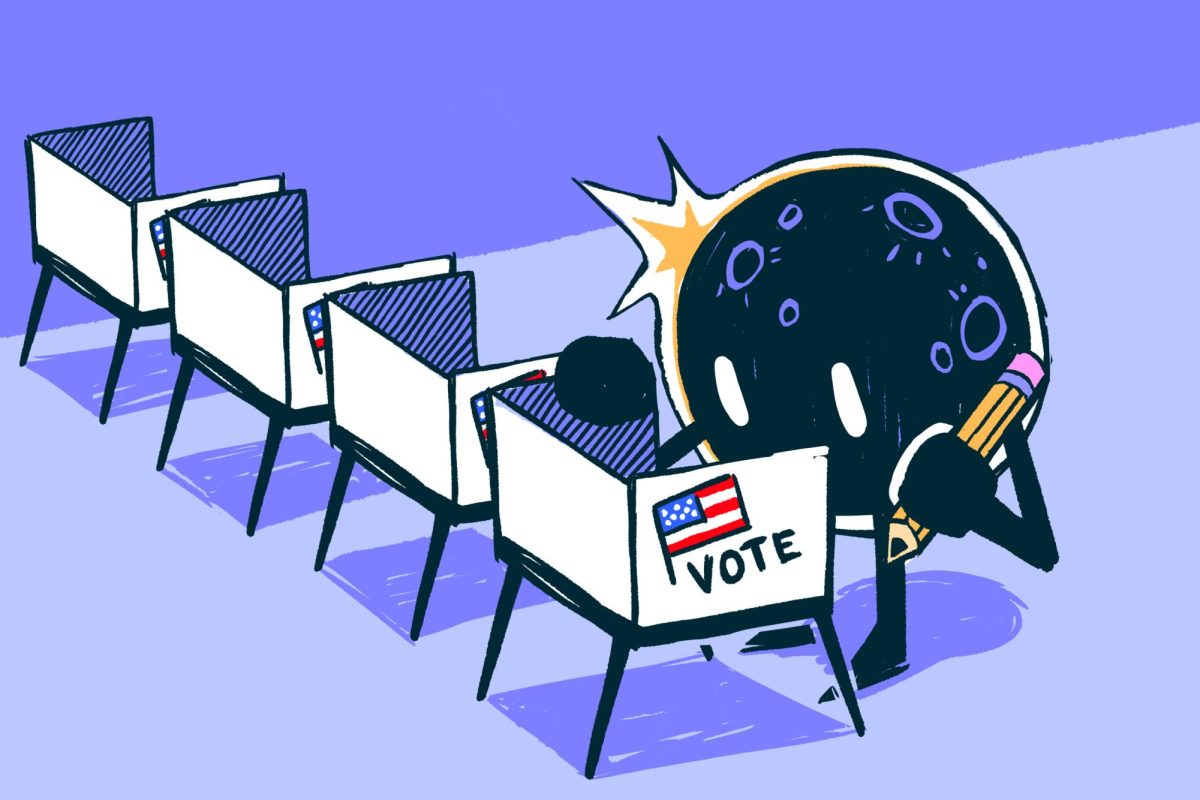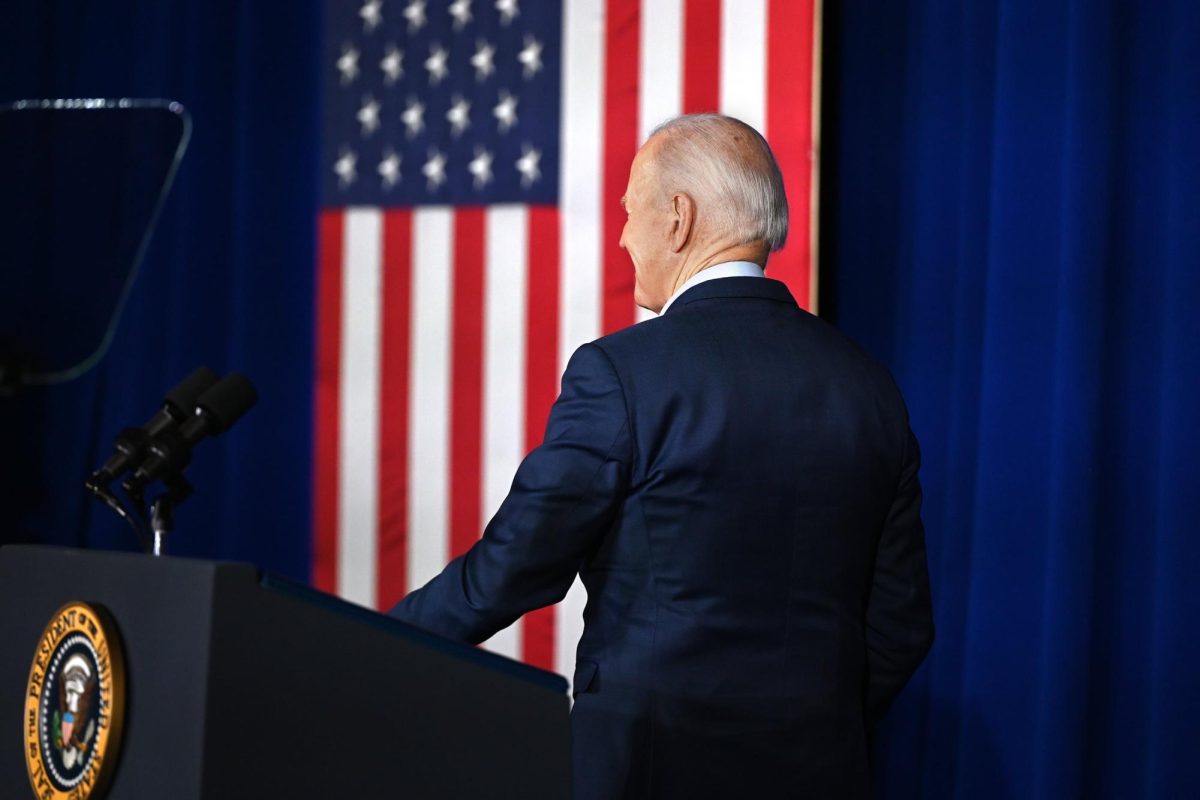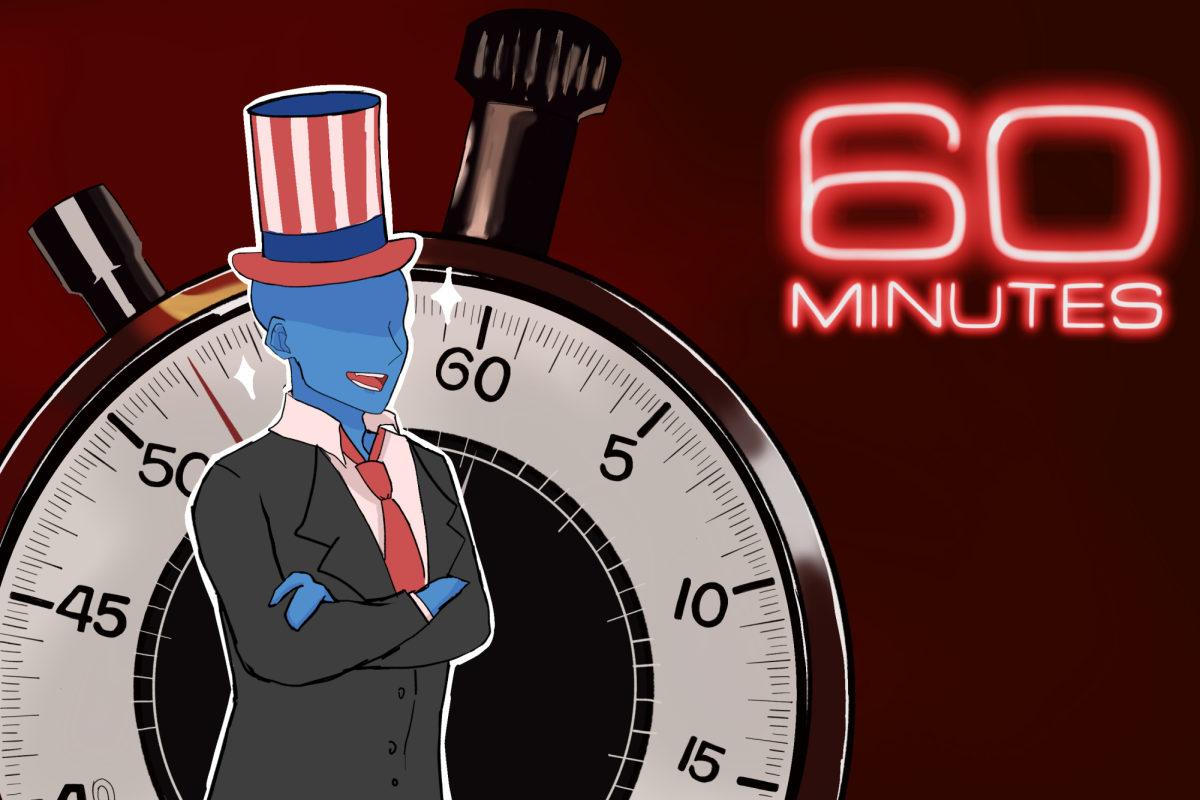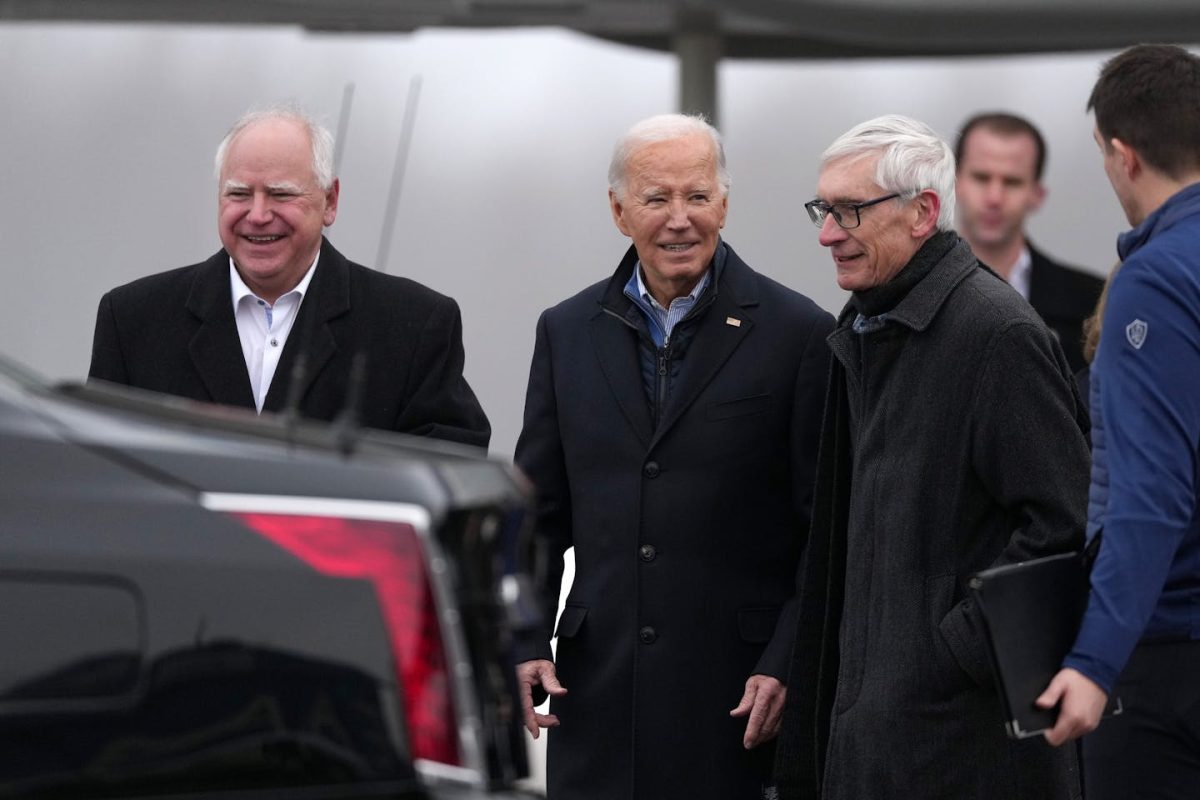In 2017, I vividly recall the buzz surrounding that year’s solar eclipse. My incoming high school freshman class and I were blissfully unaware yet simultaneously excited about it.
During the first day of high school orientation, we eagerly donned our “cool-looking” glasses and stepped outside, anticipating a celestial spectacle. However, our excitement was met with disappointment as thick clouds obscured our view.
At the time, I couldn’t quite grasp why I felt let down. After all, all I knew about solar eclipses was that the adults described it as a fascinating but occasional occurrence. I had no idea what it actually looked like; so, with a shrug, I moved forward and navigated the awkward terrain of high school life.
Fast-forward to this year and the ubiquitous chatter sprung up again. Remembering my sense of disappointment seven years ago — despite not fully understanding what to expect — I felt compelled to make a serious effort to witness the event this time around.
Even though Champaign was going to be at 98% coverage according to the New York Times, I had heard that 100% — or totality — was entirely different and worth traveling for. So I did the hour-and-a-half drive southeast to Indiana, joining the 30 million people living in the path of totality and the millions more doing what I was.
Get The Daily Illini in your inbox!
What I saw was far more incredible than anything I’ve ever witnessed. The harmonic combination of sudden darkness and the white, glowing corona behind the moon in the sky blew me away. After the last gray hues disappeared and the temporary coldness dissipated, I found it profoundly saddening I would have to wait 20 more years to experience something similar.
When I saw pictures and videos of the University’s Main Quad jam-packed with eager students, I was admittedly surprised. Just a short hour south was the most incredible thing I’ve ever witnessed, but it felt like the majority of students believed the extra journey wasn’t worth it, or weren’t even aware of the difference between 98% coverage and totality.
Much like how 14-year-old me felt deeply disappointed by not seeing the eclipse— solely from what I had heard about what to expect — people are behaving similarly in our politics today. In both scenarios, the consequences of relying solely on incomplete information can lead to uninformed decisions.
The term for this is rational ignorance: when the cost of learning information is greater than the potential benefits of having that information, according to an academic article from Clemson University.
I naively assumed in 2017 that a solar eclipse was no big deal when I had not educated myself on the topic whatsoever. Many people on the Main Quad this year likely also assumed that the 98% coverage was barely different than the totality one hour south, and therefore found it pointless to make the trip.
In the same way people at the University this year decided that the partial eclipse was sufficient, many voters may believe that the knowledge they already have on political issues is enough. Our tumultuous political circumstances come into play when the issue of rational ignorance comes up in voter participation and even knowledge on some political issues.
This issue will not be solved overnight, but an important first step is realizing the problem exists. A notable study conducted by political scientist Larry Bartels found that incumbent presidents did almost 5% better in elections than they would’ve if all voters in presidential elections were fully informed. With the past couple of presidential elections being as close as they have been, 5% of the vote could decide an entire election.
With a discrepancy that significant, voters need to acknowledge that our elections might be swayed because of a part of the voter base that is uninformed. Whether intentional or not, we need to look further into issues we might believe we already fully understand. Otherwise, we might be left unsatisfied with what we have — just like the stark difference between 98% coverage and totality in this year’s solar eclipse.
George is a junior in LAS.











